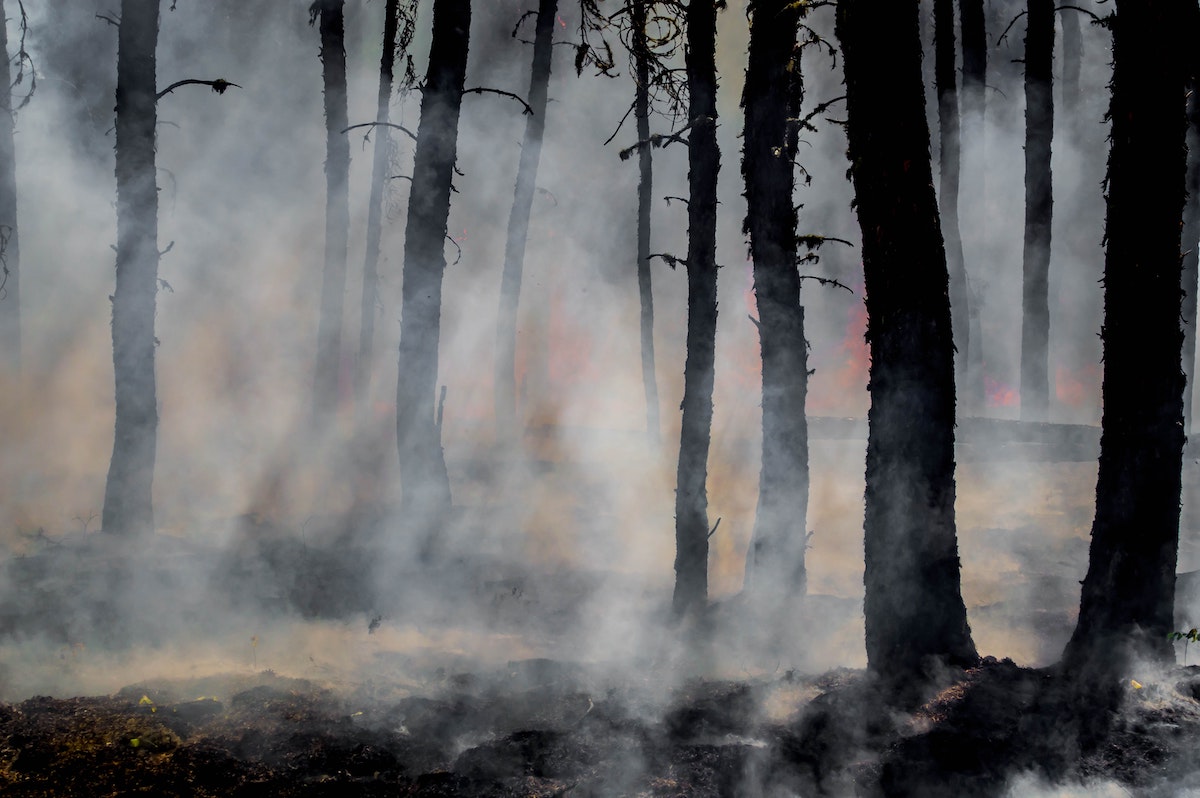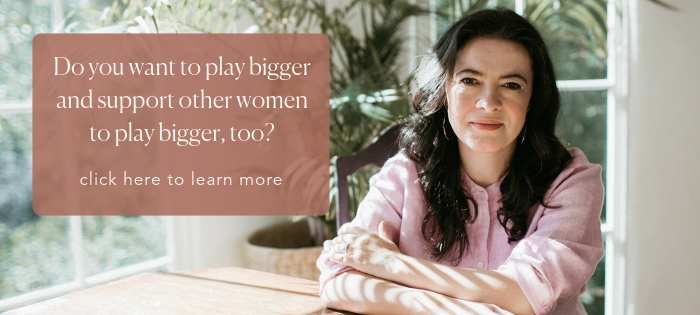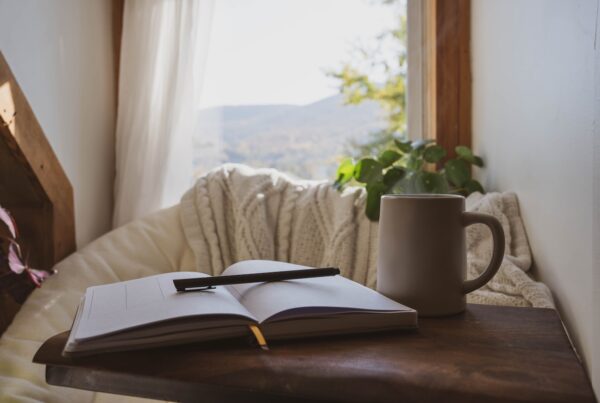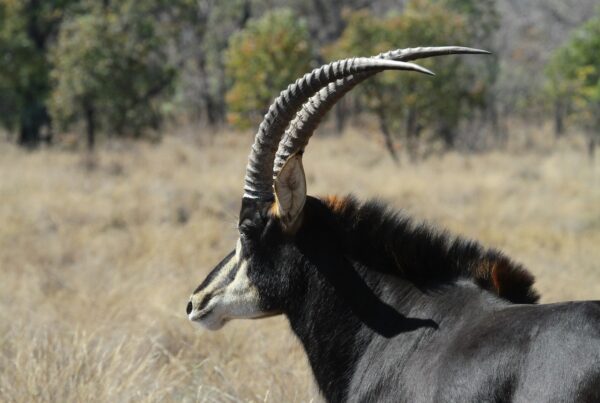I am writing from my home in San Francisco, where the wildfires rage – to the north, to the south, and to the east.
I write to you from smoke. From a place almost ringed by fire, from a land destroyed in unprecedented ways, from the midst of one very dense and fierce expression of climate change.
What I’ve learned this week is this: in ways I never before understood, I have been sustained, and loved, and nurtured by air, for every moment of my life that I’ve had access to it.
Of course, I knew before that I needed breath to live. I knew that when I could remember to take one, a deep breath felt renewing.
But I didn’t know how in every moment, air – regular air of decent quality – was nurturing me, stabilizing my moods and helping my thinking to be clear and strong. I didn’t know it was air that was giving me that lightness of being that makes a day feel good, that makes a moment feel replete with possibility.
In smoke, our heads hurt, our thoughts get choppy, and patience wears thin. There’s a subtle sickness of the body that takes hold from head to toe. And if you sense into it, you can detect the strange combination of two different qualities in every cell of the body: the rage of fires, and the gritty, dissonant edges of ash.
We each have, I believe, a responsibility to “write home” when life gives us some heightened experience – perhaps an experience of illness, or loss, or transition, or awakening. We report back to the collective, and fill in one more shape on the mosaic of human experience. We add detail about the topography to one more spot on that map. We do it because any place that one of us is taken offers lessons for all of us.
If you are, like me, a person privileged enough to live in a place where the air is relatively clean most of the time, it’s in smoke that you can come to know what fresh air has been giving you all along, how immense its contribution to your life.
For so many on our planet, clean air is never, or rarely available. In North America, exposure to air pollutants increases as income level decreases. Globally, people in low and middle income countries and neighborhoods experience the greatest negative health impacts from environmental issues.
Since the pandemic began, I have thought many times about this virus’ direct, even intimate, connection to the breath. This virus takes the breath of life away from those who perish from it. But it also brings to so many more the experience of not being able to breathe, of gasping for air. In this way, the virus seems to be giving more of us some form of the experience that climate change threatens to deliver to all of us.
The wildfires, too, ask more and more of us to look at what life is like without a clear breath, to steep in the questions: What is my breath to me? What is clean air to me? To all of us?
And the murder of George Floyd demanded that we look, cried out that we see, how we human beings have stolen, have strangled, the breath of other human beings, in racism, police brutality, and our deeply entrenched cultures of violence.
It seems that in this moment, the very breath of life is asking us to ask ourselves: How precious is the breath of life to us? How important? And how do we regard each other’s breath of life?
If you can breathe deeply today, do. Do it and think of all those who because of environmental injustice, racism, violence, or illness, cannot.
Meet the air with ardor, and ravish it. Give it your entire attention. Humble yourself before it – it has made you possible, after all.
Maybe, just maybe, as a collective, we can reach a place of wise stewardship of the breath not through experiences of deprivation of it, not through the pains of suffocation, pollution, smoke, but instead through a reverence for the gift of the breath, through a remembering of our dependence upon it.
Maybe, if we recognize the gift of it, we will fight harder for the collective breath of life.
Maybe this is a new way to ask ourselves questions of purpose, of how we spend our dollars and our days. How will I fight – in my work, in my thoughts, in my community – for the collective breath of life?
Love,
Tara Mohr
Above photo credit: Joanne Francis








